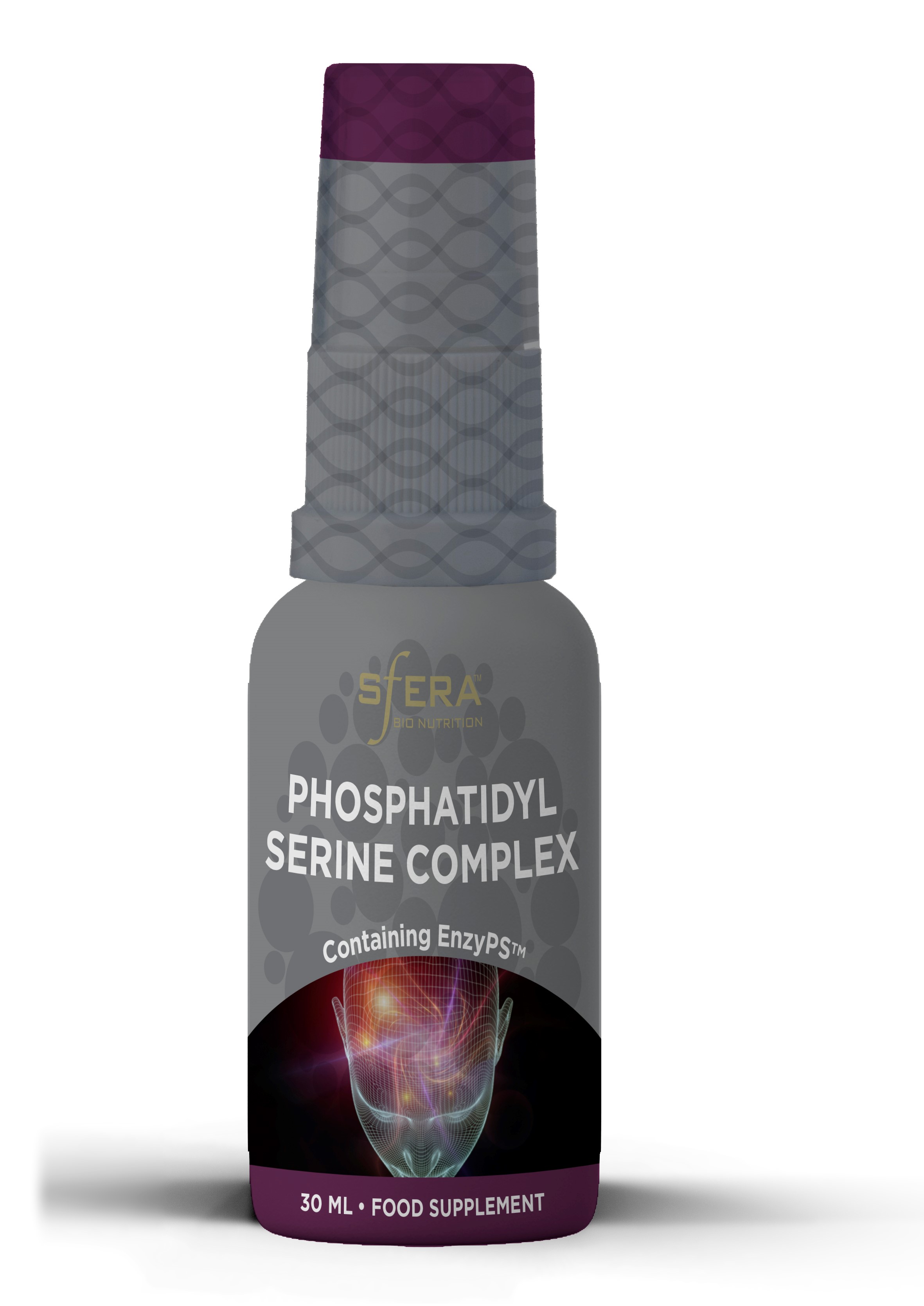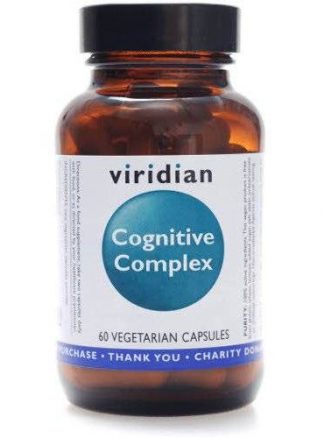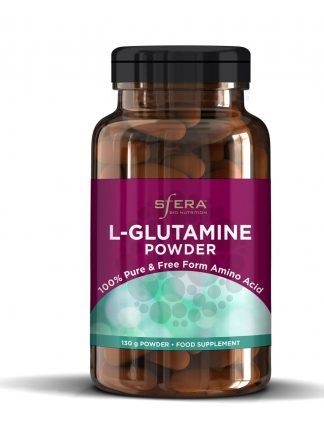Description
Phosphatidylserine (PS) is a phospholipid that contains both amino acids and fatty acids. The omega-3 fatty acids EPA and DHA work synergistically with PS to provide the building blocks for healthy cell membranes. The human body can make phosphatidylserine, but it obtains most of what it requires from foods.
Phospholipids, which surround all of our cells, are essential molecules that provide cellular structure and protection. A phospholipid molecule is constructed from four components: fatty acids, a platform to which the fatty acids are attached, a phosphate and an alcohol attached to the phosphate. Phospholipids line up and arrange themselves into two parallel layers known as a phospholipid bilayer. This is the layer that makes up your cell membranes and is critical to each of your cell’s ability to function.
Phosphatidylserine is critical to the maintenance of all cellular function, especially in the brain. Research also shows that it’s important to:
- bone matrix formation
- cell repair and removal by the immune system
- heartbeat coordination
- hormone secretion by the adrenal glands
- testicular function
6 Health Benefits of Phosphatidylserine
- May Improve Symptoms Alzheimer’s Disease
Alzheimer’s disease is a form of dementia that can rob people of the ability to think clearly, perform everyday tasks and, ultimately, remember who they even are. Phosphatidylserine supplements may increase levels of brain chemicals involved with memory and improve brain cell communication. Although it’s not a cure, taking phosphatidylserine can improve the symptoms of Alzheimer’s disease and dementia for some. It seems to be most effective in people with less severe symptoms.
In a double-blind, crossover study, people with Alzheimer’s disease who took 300 milligrams of PS per day for eight weeks had greater improvement in overall well-being than those who took a placebo, but there were no significant differences in mental function tests.
In another double-blind study, 200 milligrams of phosphatidylserine were taken twice daily by 70 patients with probable Alzheimer’s disease. The researchers found that the PS supplementation produced short-term improvements in mental function best documented at eight and 16 weeks, but these positive effects faded after 16 weeks.
PS from cow brains was used in these studies and most others so it’s not yet clear how animal-derived PS compares with plant-derived PS when it comes to Alzheimer’s treatment.
- Aids the Slowdown of Age-Related Cognitive Decline
Phosphatidylserine from bovine brain phospholipids has been shown to improve memory, cognition and mood in the elderly in at least two placebo-controlled studies. Both studies had elderly patients take 300 milligrams of PS per day or a placebo.
In the first study, 10 elderly women with depressive disorders were treated with a placebo for 15 days and then with a PS supplement for 30 days. The researchers found that the phosphatidylserine produced a consistent improvement of depressive symptoms, memory and behavior in all of the subjects.
Another study published in the journal Aging evaluated the effect of six months of PS supplementation on 494 elderly patients with cognitive impairment. Researchers found that the PS produced statistically significant improvements in behavioral and cognitive parameters after three months and again after six months. In addition, the phosphatidylserine was well-tolerated by subjects.
- Combats Depression
Studies show that patients with depression have compromised blood flow to a number of brain regions. Having an omega-3 deficiency is a health condition that can decrease normal blood flow to the brain. Omega-3 deficiency also causes a 35 percent reduction in brain PS levels. So when someone is depressed, he or she is typically low in omega-3s as well as PS. It makes sense that an increase in PS intake through food and/or supplementation can help to combat depression.
Phosphatidylserine also affects the levels of neurotransmitters in the brain related to mood, and research has shown it can decrease the severity of depression. In a one preliminary trial, elderly women suffering from depression who were given 300 milligrams of PS every day for 30 days experienced an average 70 percent reduction in the severity of their depression.
- Improves Parkinson’s Disease Symptoms
Parkinson’s disease is a degenerative illness of the nervous system that results in loss of intentional movement. Generally, those with Parkinson’s lose the ability to speak properly, have difficulty walking and may also experience tremors. There is no specific known cause, but people with Parkinson’s experience a die-off of the brain cells that produce dopamine, which is responsible for signaling to areas of the brain that deal with movement. When these brain cells die, the brain starts to lose the ability to tell the body when and how to move, resulting in Parkinson’s symptoms.
Phosphatidylserine is key to proper brain function, and people with Parkinson’s often have low levels of phosphatidylserine. In one study, taking 100 milligrams of PS three times per day improved mood and brain function in people with Parkinson’s. The phosphatidylserine used in this trial was derived from cow brain.
- Treats ADHD Symptoms
Attention deficit hyperactivity disorder (ADHD) is one of the most common neurodevelopmental disorders of childhood. Children with ADHD typically have difficulty focusing and controlling impulsive behaviors and are overly active. ADHD can also affect adults.
For people diagnosed with ADHD, phosphatidylserine has been shown to help by increasing mental focus, promoting memory and cognition, boosting the mood, and relieving stress through a reduction of cortisol levels. PS has been shown to encourage increased brain activity through the neurotransmitters, thus improving the ability of ADHD sufferers to focus, control impulses better and learn without becoming easily fatigued.
A 2014 study published in the Journal of Human Nutrition and Dietetics wanted to figure out whether supplementing with soy-derived phosphatidylserine can improve ADHD symptoms in children. This randomized, double-blind study had 36 children, 4 to 14 years of age, who had not previously received any drug treatment for ADHD take either a placebo or 200 milligrams of PS each day for two months. The researchers found that supplementing with PS significantly improved ADHD symptoms as well as short-term auditory memory. They conclude that PS might be “a safe and natural nutritional strategy for improving mental performance in young children suffering from ADHD.”
- Boosts Athletic Performance
Phosphatidylserine has been shown to improve athletic performance in multiple studies. It’s also been shown to decrease muscle damage while improving endocrine response to exercise-induced bodily stress.
A 2007 study published in the Journal of the International Society of Sports Nutrition evaluated the effect of oral PS supplementation on golf performance in healthy young golfers. Although findings weren’t statistically significant, it was concluded that six weeks of PS supplementation improved perceived stress levels in golfers and significantly improved the number of good ball flights during tee-off.
Another study looked at the effects of daily supplementation of 750 milligrams of soybean-derived phosphatidylserine for 10 days on active male cyclers. The main finding of the study was that PS supplementation significantly increased exercise time to exhaustion by 85 percent V̇O2 max. VO2 max is the maximum amount of oxygen that an individual can utilize during intense exercise. It’s a factor that can determine an athlete’s capacity to perform sustained exercise and is linked to overall aerobic endurance. This study shows phosphatidylserine’s ability to enhance physical performance.








